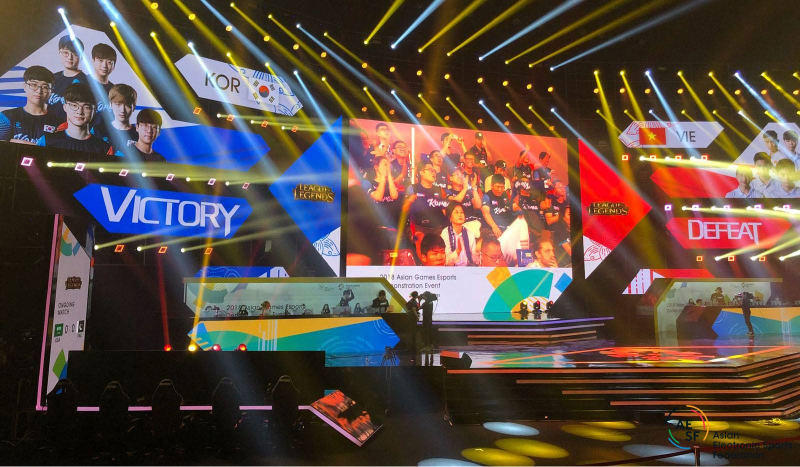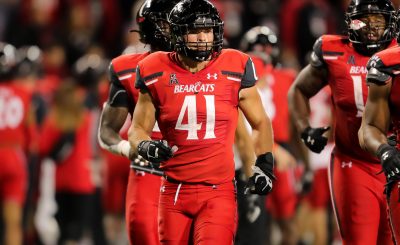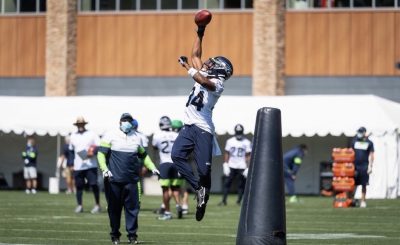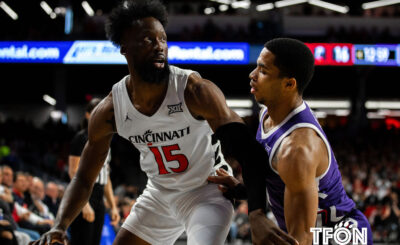What a year 2018 has been for esports. New games surfaced as their corresponding popularity allowed them to establish a foundation of proper competitive play, creating a talent pool fans can familiarize themselves with; old games continued to captivate their audience from their cornerstone tournaments; and teams shocked the world by overcoming insuperable odds to win a major event while others exhibited their dominance within their specialized fields. The list doesn’t end there, as memorable matches that were played this year reminded the fans why they love playing video games. Esports has had quite an array of moments throughout the calendar year. Let’s look back at some of them.
League of Legends defied expectations as China reigned supreme in the game’s major esports tournaments. Normally, it was Korea who would come out on top every time they took part for LoL’s big events, but the region failed to attain results this time around. Korea didn’t win Rift Rivals despite having a stacked delegation. Kingforce DragonX, the Spring Split winner of the LCK, finished as runners-up in the Mid-Summer Invitational. And finally, they failed to reach the semi-finals of Worlds for the first time since 2011.
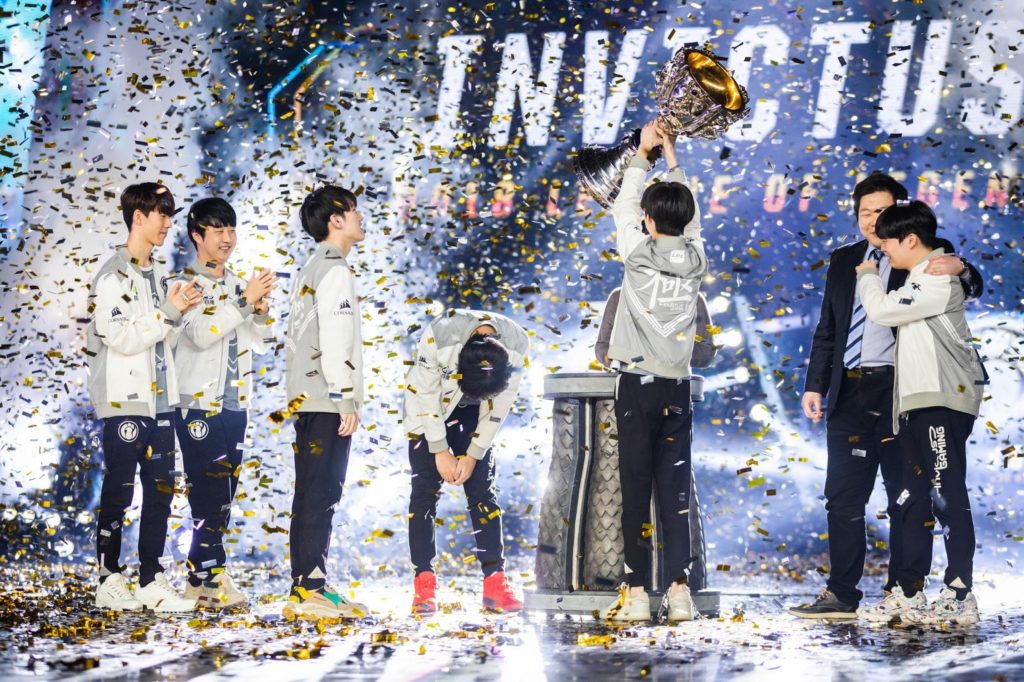 Whereas Korea failed, China thrived as they won every international competition for 2018. They won Rift Rivals, Royal Never Give Up took home the MSI, and domestic underlings Invictus Gaming lifted the Summoner’s Cup after defeating Fnatic in a 3-game sweep. To add to the outrageousness, the rest of the world showed signs of catching up to Korea as well. This was evident as 3 western teams reached the semi-finals of Worlds 2018. This is due to their shift of meta instead where they stopped following Korean’s lead. Gone are the lengthy and meticulous plays that sprung Korea as the best region in the world. In its place are the avariciously quick team brawls in the early-part of the game that can decide the winner if teams allow the strategy to continue to playing out.
Whereas Korea failed, China thrived as they won every international competition for 2018. They won Rift Rivals, Royal Never Give Up took home the MSI, and domestic underlings Invictus Gaming lifted the Summoner’s Cup after defeating Fnatic in a 3-game sweep. To add to the outrageousness, the rest of the world showed signs of catching up to Korea as well. This was evident as 3 western teams reached the semi-finals of Worlds 2018. This is due to their shift of meta instead where they stopped following Korean’s lead. Gone are the lengthy and meticulous plays that sprung Korea as the best region in the world. In its place are the avariciously quick team brawls in the early-part of the game that can decide the winner if teams allow the strategy to continue to playing out.
Dota 2 followed suit as a team forced to reform a few weeks before The International went on to win the whole thing, taking home $11 million in the process. It’s a story one would find in the movies. OG was sent into a delirium as they underwent a roster change which saw co-founder Tal “Fly” Aizik and Gustav “s4” Magnusson leave to join Evil Geniuses. Fly, along with Johan “N0tail” Sundstein, created OG in 2015 on the principle of trust and friendship. After not flourishing with various teams, the duo looked at each other and thought if they patiently worked together, good things will inevitably come. Add to their signing of outcast players with similar stories like them and you have all the makings of an underdog squad. However, they didn’t exactly play as one from the outset. From their creation to TI 2018, OG won an unprecedented 4 Major tournaments. As such, they carried legitimate pedigree to their name, which is why Fly and s4’s move shocked everyone.
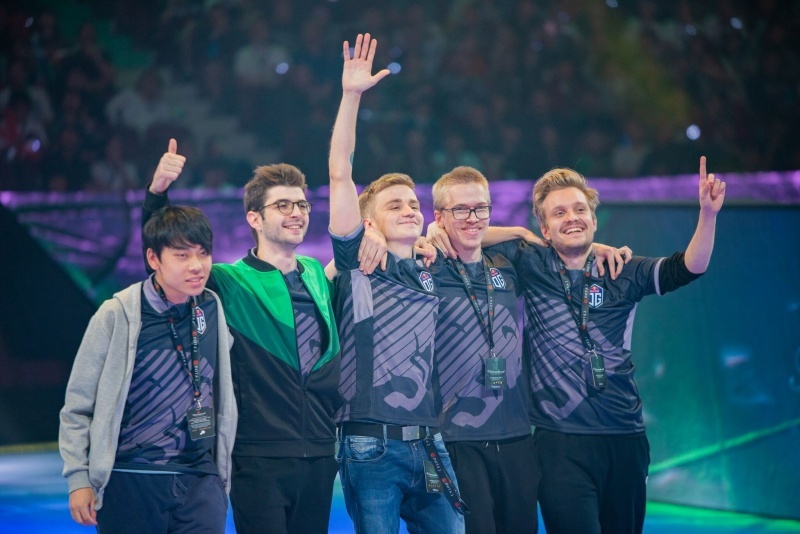 Tasked with hastily creating a new team, OG sought out Topias “Topson” Taavitsainen, a debutant in the Dota 2 pro scene, Anathan “ana” Pham, a player who returned to the team after a year-long hiatus, and Sébastien “Ceb” Debs, an analyst-turned-coach-turned-player who had an uneventful career in the past. Together, OG entered The International as a team expected to quickly falter. But then, they started winning. They defeated Team Secret, PSG.LGD, and Fly’s Evil Geniuses en route to reach the Grand Finals. Once there, and “with the power of flowers and friendship” by their side, OG completed the Cinderella run by besting PSG.LGD again in a riveting 5-game series to lift the Aegis of Champions and shock the world.
Tasked with hastily creating a new team, OG sought out Topias “Topson” Taavitsainen, a debutant in the Dota 2 pro scene, Anathan “ana” Pham, a player who returned to the team after a year-long hiatus, and Sébastien “Ceb” Debs, an analyst-turned-coach-turned-player who had an uneventful career in the past. Together, OG entered The International as a team expected to quickly falter. But then, they started winning. They defeated Team Secret, PSG.LGD, and Fly’s Evil Geniuses en route to reach the Grand Finals. Once there, and “with the power of flowers and friendship” by their side, OG completed the Cinderella run by besting PSG.LGD again in a riveting 5-game series to lift the Aegis of Champions and shock the world.
